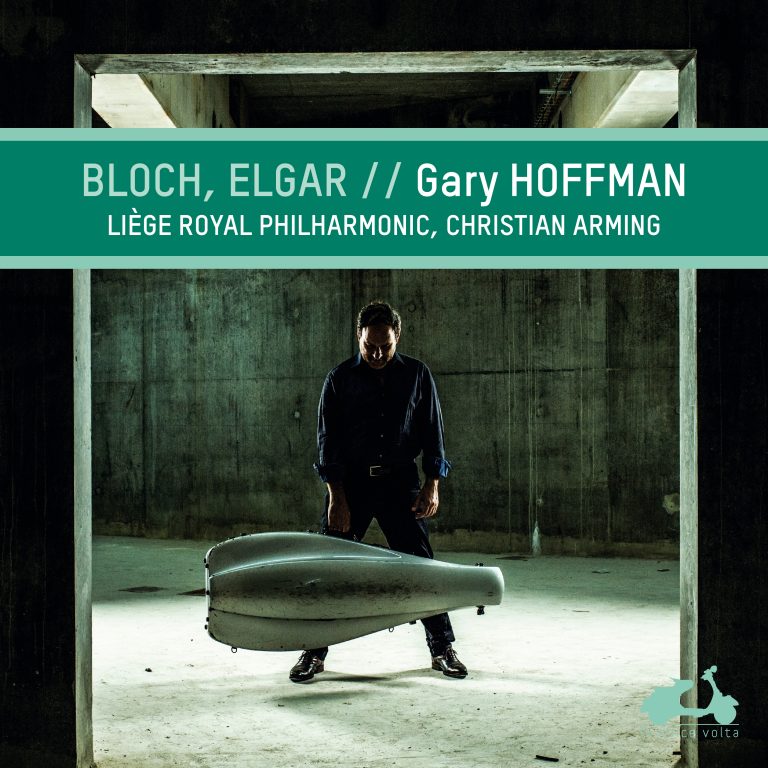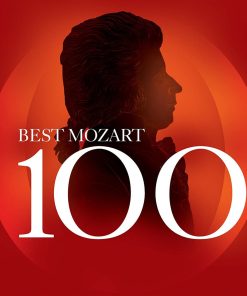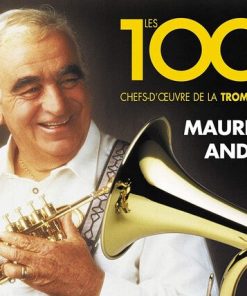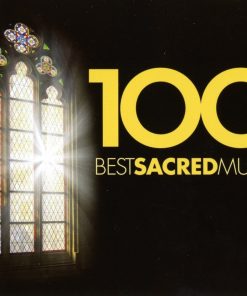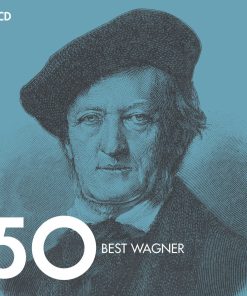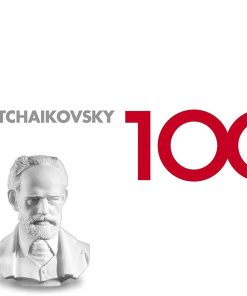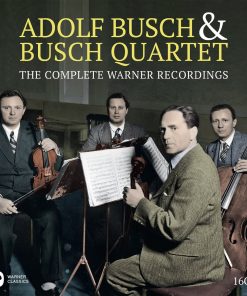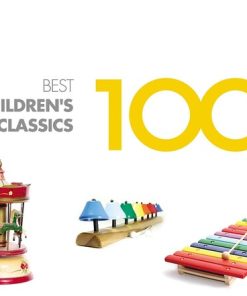BLOCH & ELGAR: CELLO WORKS – GARY HOFFMAN La Dolce Volta
$ 21,99 $ 13,19
Gary Hoffman had a project focusing on the end of the First World War: Schelomo was written during the war and the Elgar’s Concerto dates from just after the end of it. The presence of the war’s consequences is evident in the discourse of Elgar’s Concerto, his swansong, a kind of farewell to the world of yesterday. I think there’s an emotional dialogue between the two works. Although they are each different, there is a palpable tension, a tragic atmosphere…
We all have engraved in our musical memories Jacqueline du Pré’s exceptional performance of the fervent and passionate Cello Concerto composed in 1919 by Edward Elgar at the age of sixty-two. Her interpretation undoubtedly helped to propel this authentic and singular masterpiece beyond the exclusively English sphere. But there is also good reason to acknowledge that over time other instrumentalists have presented their own often magnificent but quite distinct readings.
This is demonstrated once again by the performance of Gary Hoffman with the Liège Royal Philharmonic Orchestra under its conductor Christian Arming. Here is an interpretation outstanding for its musicality and warmth.
In Bloch’s Schelomo, Gary Hoffman and Christian Arming detail the score with an almost improvisatory flexibility and sensuality: a great success! This is an ideal opportunity to (re)discover the music of Ernest Bloch, who affirmed his Hebrew roots in his music throughout his life.

BLOCH, SCHELOMO, RHAPSODIE HÉBRAÏQUE FOR CELLO AND ORCHESTRA
Lento moderato 9’04
Allegro moderato 5’36
Andante moderato 8’33
ELGAR, CELLO CONCERTO IN E MINOR, OP.85
Adagio – Moderato 7’39
Lento – Allegro molto 4’37
Adagio 4’53
Allegro – Moderato – Allegro, ma non troppo 11’12
Fast Shipping and Professional Packing
Due to our longstanding partnership with UPS FedEx DHL and other leading international carriers, we are able to provide a range of shipping options. Our warehouse staff are highly trained to pack your goods exactly according to the specifications that we supply. Your goods will undergo a thorough examination and will be safely packaged prior to being sent out. Everyday we deliver hundreds of packages to our customers from all over the world. This is an indication of our dedication to being the largest online retailer worldwide. Warehouses and distribution centers can be located in Europe as well as the USA.
Orders with more than 1 item are assigned processing periods for each item.
Before shipment, all ordered products will be thoroughly inspected. Today, most orders will be shipped within 48 hours. The estimated delivery time is between 3-7 days.
Returns
The stock is constantly changing. It's not entirely managed by us since we are involved with multiple parties such as the factory and our storage. The actual stock can fluctuate at any time. Please understand it may happen that your order will be out of stock when the order is placed.
Our policy is valid for 30 days. If you haven't received your product within 30 days, we're not able to issue either a return or exchange.
You are able to return a product if it is unused and in the same condition when you received it. It must also still remain in the original packaging.
Related products
MUSIC CDS
MUSIC CDS
MUSIC CDS
MUSIC CDS
MUSIC CDS
MUSIC CDS
MUSIC CDS
